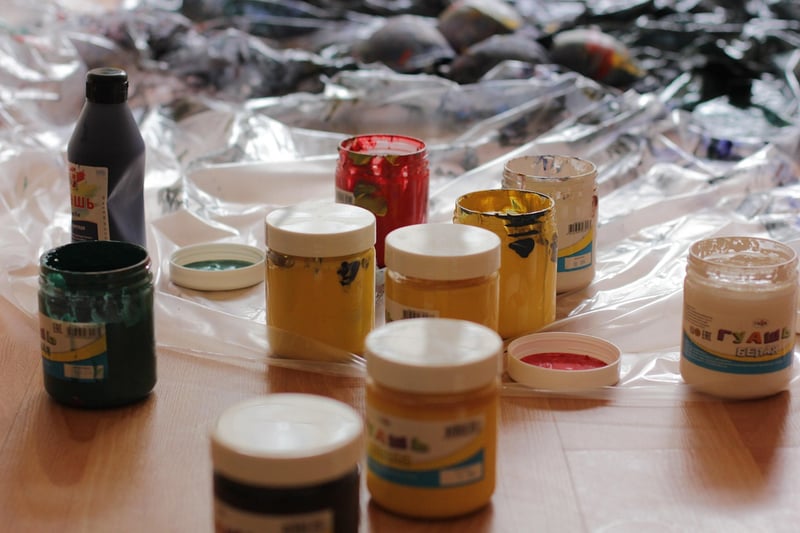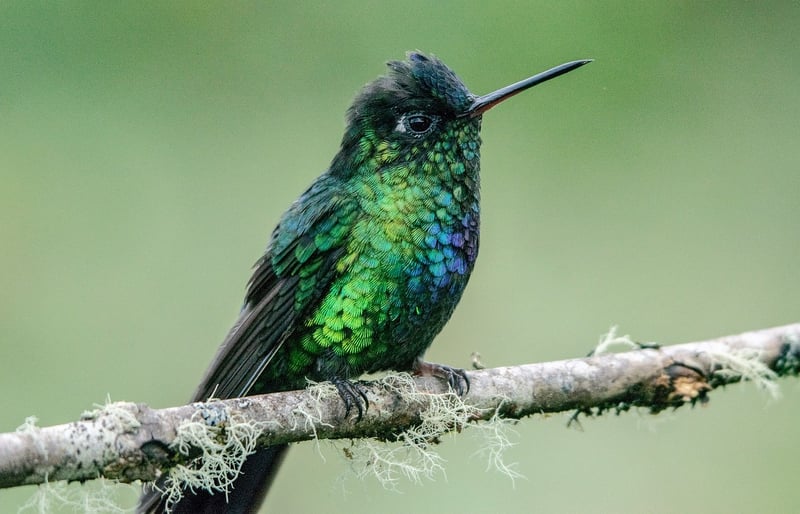Pest Control
Essential Care for Healthy Plants + Pest Control
Introduction
Welcome to our guide on essential care for healthy plants and effective pest control. Whether you are a seasoned gardener or just starting with your green thumb, maintaining healthy plants and keeping pests at bay are crucial aspects of plant care. In this article, we will explore some essential tips to help your plants thrive and methods to control common pests that can harm them.
Essential Care for Healthy Plants
Healthy plants start with proper care and attention. Here are some key tips to ensure your plants stay healthy:
1. Watering
Water your plants appropriately based on their specific needs. Overwatering or underwatering can lead to issues like root rot or dehydration.
2. Sunlight
Place your plants in areas where they can receive adequate sunlight according to their requirements. Insufficient light can result in stunted growth.
3. Soil Quality
Ensure your plants are potted in well-draining soil rich in nutrients. Healthy soil provides essential minerals for plant growth.
4. Pruning and Trimming
Regularly prune and trim your plants to promote healthy growth and maintain their shape. Remove dead or diseased parts to prevent the spread of infections.
Pest Control
Dealing with pests is a common challenge in plant care. Here are some effective methods for pest control:
1. Natural Predators
Introduce beneficial insects like ladybugs or lacewings that feed on common plant pests such as aphids or spider mites.
2. Neem Oil
Use neem oil, a natural insecticide, to control pests like mealybugs, whiteflies, and caterpillars. Neem oil is safe for most plants and effective against a wide range of pests.
3. Diatomaceous Earth
Apply diatomaceous earth around plant bases to create a barrier against crawling insects. Diatomaceous earth is a non-toxic way to control pests like ants and beetles.
Conclusion
By following these essential care tips and implementing effective pest control methods, you can ensure your plants remain healthy and pest-free. Remember to observe your plants regularly for any signs of distress or pest infestations and take timely action to address them. Happy gardening!



